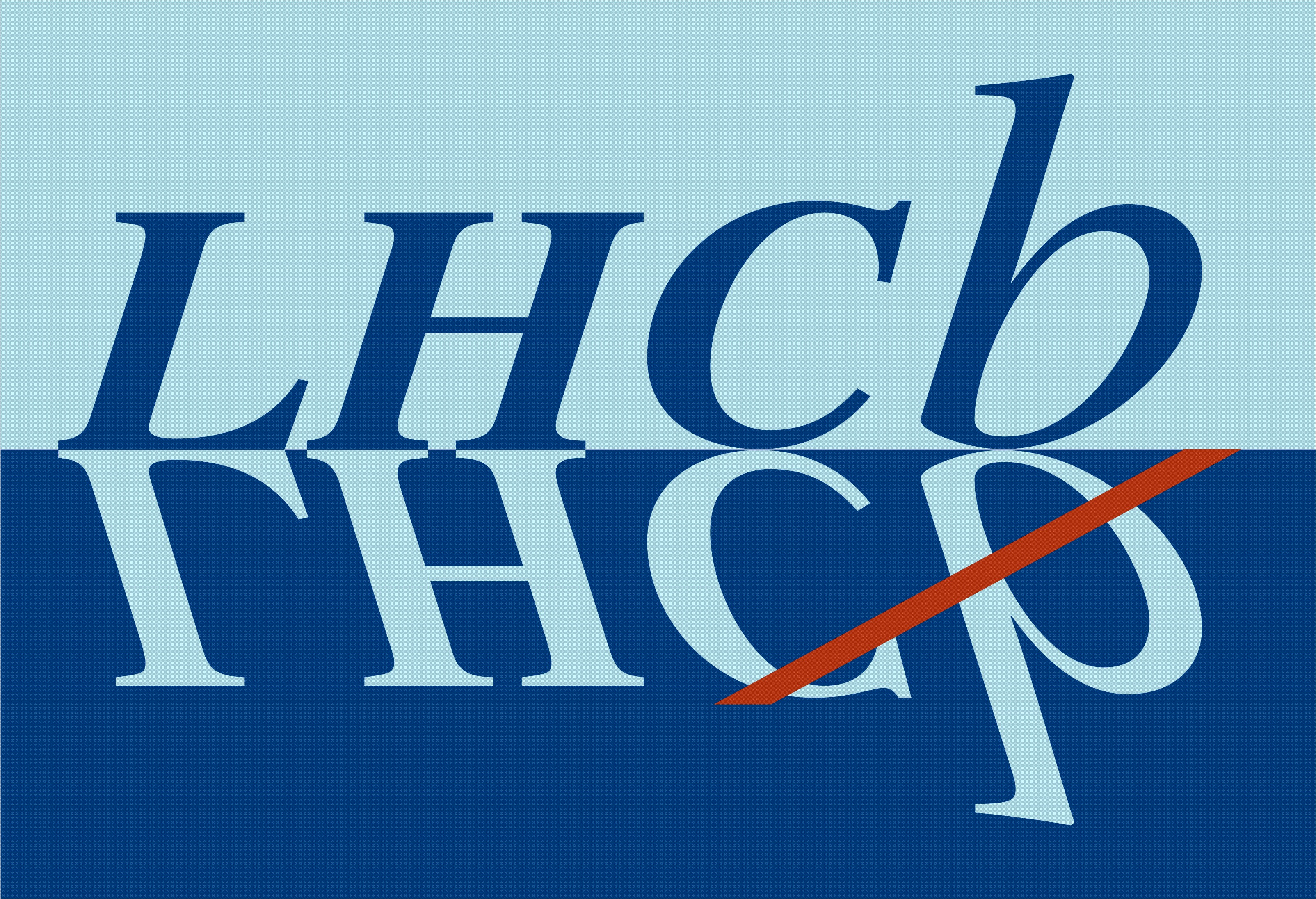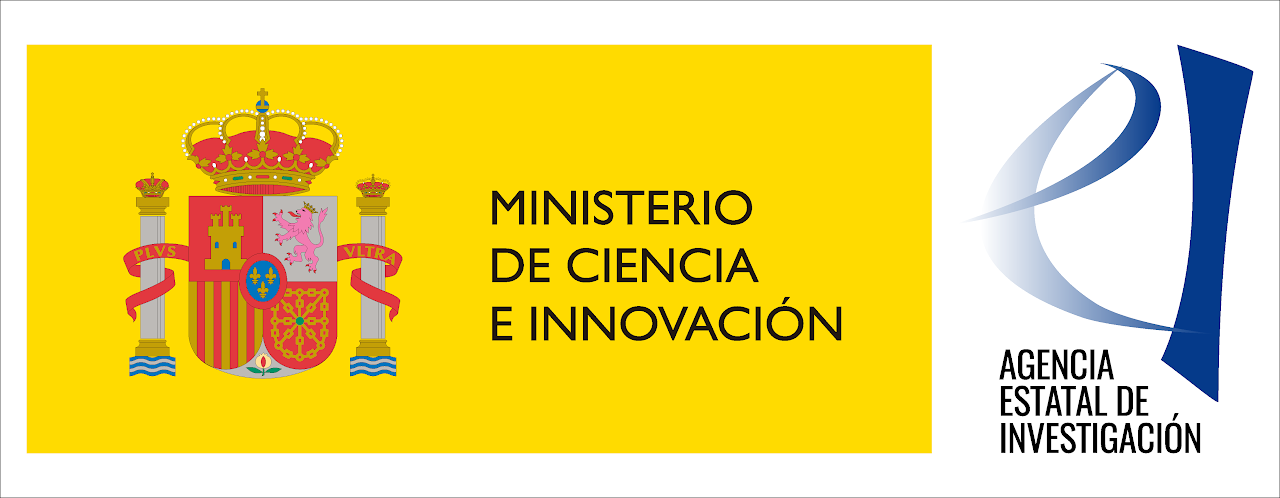6th Workshop on LHCb upgrade II
Facultat de Física
The LHCb Upgrade II is proposed for installation during the LHC long shutdown 4, with the aim of integrating ∼300 fb−1 throughout the HL-LHC era. The collected data will allow to fully exploit the flavour-physics opportunities of the machine, probing a wide range of physics observables with unprecedented accuracy.
The detector design and components, the available technology options and the cost-envelope are discussed in the Framework TDR, which has been presented at the end of 2021 and approved by the LHCC in spring 2022.
The meeting will focus on recent results from ongoing detector R&D, and on the optimisation of detector scenarios. Consolidation plans for long shutdown 3 will be also discussed.
The meeting will start at 14:00 on Wednesday 29th of March 2022 and will finish at 13:00 on Friday, 31st of March 2022. Registration will close on March, 15th.
Collaborating Institutions



This event is part of the grant CEX2019-000918-M funded by MCIN/AEI/10.13039/501100011033.

-
-
13:00
Registration
-
Welcome sessionConvener: Ricardo Vazquez Gomez (Universitat de Barcelona)
-
1
WelcomeSpeakers: Dr Eugeni Graugés (ICCUB), Ricardo Vazquez Gomez (Universitat de Barcelona)
-
2
Workshop introSpeaker: Matteo Palutan (INFN Laboratori Nazionali di Frascati)
-
3
Physics vs Detector overviewSpeaker: Tim Gershon (University of Warwick (GB))
-
1
-
Detector optimisation: 1Convener: Paula Collins
-
4
Time-resolution optimisation: a joint VELO & ECAL simulationSpeakers: Tim Evans (University of Manchester), Tim Evans (University of Manchester)
-
5
Mighty tracker studiesSpeakers: Lucia Grillo, matthew needham (University of Edinburgh)
-
4
-
16:00
Coffee Break
-
Detector optimisation: 2Convener: Paula Collins
-
6
Towards a global optimisation of the tracker layout: new tools and ideaSpeakers: Frédéric Blanc (EPFL), Renato Quagliani (EPFL)
-
7
Simulation infrastructure for optimisationSpeaker: Mark Whitehead (Glasgow)
-
6
-
Tracking detectors: 1Convener: Lucia Grillo (University of Glasgow)
-
8
VELOSpeakers: Kazuyoshi Carvalho Akiba (Nikhef), Tim Evans (University of Manchester)
-
9
VELO performance studiesSpeaker: Dan Thompson (University of Birmingham)
- 10
- 11
-
8
-
13:00
-
-
PID detectors: 1Convener: Neville Harnew (University of Oxford (GB))
- 12
- 13
-
14
Status of the TORCH R&D projectSpeaker: Thomas Blake (University of Warwick)
-
15
New steps towards the PicoCalSpeaker: Philipp Roloff (CERN)
-
10:40
Coffee Break
-
PID detectors: 2Convener: Barbara Sciascia (INFN (Frascati))
-
16
PicoCal simulations and benchmarkingSpeaker: Liupan An (Peking University)
- 17
-
18
PicoCal electronicsSpeaker: Patrick Robbe (IJCLab Orsay)
- 19
-
16
-
12:30
Lunch
-
PID detectors: 3Convener: Andreas Schopper (CERN)
-
20
muRWELL technology for Muon upgradeSpeaker: Emanuele Santovetti (Universita degli Studi di Roma Tor Vergata (IT))
-
21
HCAL contribution to PID at Run4/5Speaker: Míriam Calvo Gómez (La Salle, Universitat Ramon Llull)
-
20
-
Tracking detectors: 2Convener: Eva Vilella Figueras (University of Liverpool (GB))
-
22
Mighty Tracker project overview and plansSpeaker: Pascal PERRET (Laboratoire de Physique de Clermont)
-
23
Mighty Tracker: SciFiSpeaker: Blake Leverington (Ruprecht Karls Universitaet Heidelberg (DE))
- 24
-
22
-
16:05
Coffee Break
-
Online and InfrastructureConvener: Renaud Le Gac (CPPM CNRS/IN2P3)
-
25
Future DAQ boardsSpeaker: Julien Langouët (Aix Marseille Univ, CNRS/IN2P3)
- 26
- 27
-
28
Radiation protection and safetySpeaker: Matthias Karacson (CERN)
-
25
-
-
-
RTA and offlineConvener: Carla Marin Benito (ICCUB)
-
29
Evolution of the LHCb software trigger: past present and futureSpeaker: Sascha Stahl (CERN)
-
30
Approaches beyond the evolutionary baselineSpeaker: Daniel Campora
-
31
Software framework options for Run 5Speaker: Marco Clemencic (CERN EP-LBC)
- 32
-
29
-
10:40
Coffee Break
-
SummariesConvener: Eugeni Graugés (ICCUB)
-
33
Message from the Spanish Research Agency DirectorSpeaker: Domènec Espriu Climent (University of Barcelona (ES))
- 34
- 35
-
36
Concluding remarksSpeaker: Chris Parkes (University of Manchester & CERN)
-
33
-
